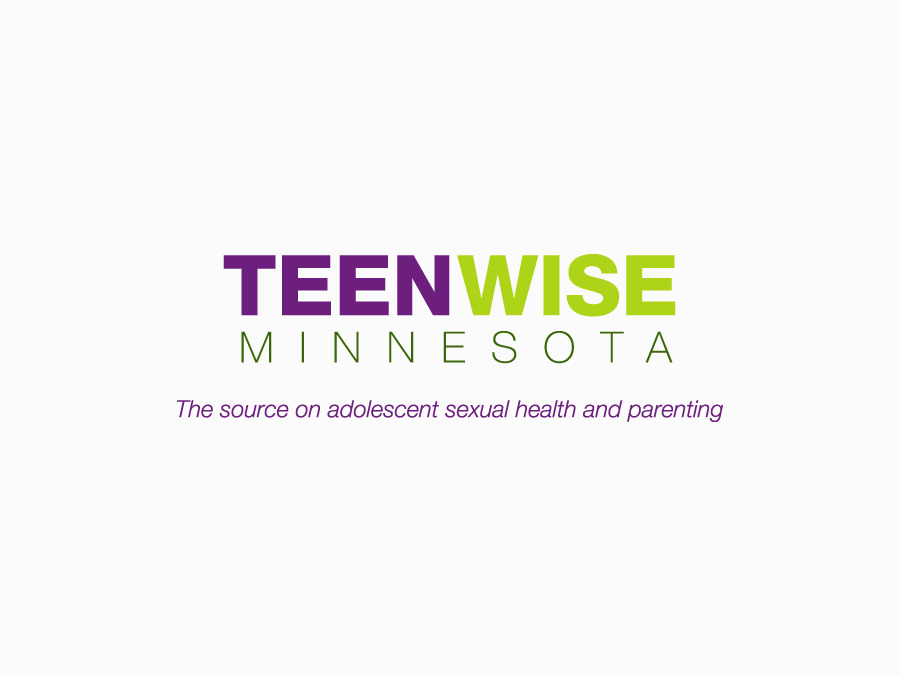
Teenwise, a group that advocates for evidence based sexual health programs for adolescents in Minnesota, released a report showing that lesbian, gay, bisexual, and questioning adolescents have higher rates of pregnancy than their peers.
Numbers for transgender adolescents could not be analyzed because the state does not collect information pertaining to the transgender community.
Formerly known as the Minnesota Organization on Pregnancy, Parenting and Prevention, Teenwise analyzed data from Minnesota Department of Health data and the Minnesota Student Survey. The analysis found that twice as many adolescent lesbian females (50.9 percent) and gay males (48.7 percent) had had sex compared to straight females (23.5 percent) and straight males (25.9 percent). Bisexual males and females had the highest reported levels of sexual activity at 49.5 percent and 54.4 percent.
Bisexual females were five times more likely to have been pregnant than straight females at 8.2 percent vs. 1.5 percent. Lesbian and questioning females were also more likely to report having been pregnant at 6.6 percent and 2.8 percent respectively.
Gay males and males questioning their sexuality had the highest percent of reporting that they had gotten someone pregnant (9.9 percent vs. 2.4 percent for straight males). Bisexual males also had high rates of reporting having gotten someone pregnant at 8.9 percent.
LGBQ youth reported higher drug and alcohol use before the last time they had sex at rates double those of their straight peers. The report authors noted: “This may be a contributing factor to higher rates of pregnancy among LGBQ youth.”
Advocates pointed to several factors influencing higher rates of sexual activity and pregnancy.
“You know, if you’re being told all day long that how you think about yourself is wrong, or that it doesn’t fit into the environment that you’re in, that has a negative effect on all of those things, including risk behaviors that would lead to pregnancy,” John Azbill-Salisbury, director of programs at Minneapolis-based Rainbow Health Initiative, told the Star Tribune.
Erin Wilkins, director of clinical programs at Family Tree Clinic, told the Star Tribune: “For queer youth who are out, the information about pregnancy prevention is being overlooked for them because the adults in their lives think they don’t need it. Unintended pregnancy is huge in the LGBT youth world.”
People who work with this community — which includes lesbian, gay, bisexual, transgender and questioning youths — suggest that many factors are driving the trend. Struggles with mental health, homelessness, substance abuse and sexual violence were described by pregnant youths interviewed by researchers for Rainbow Health Initiative.
Comments are closed.